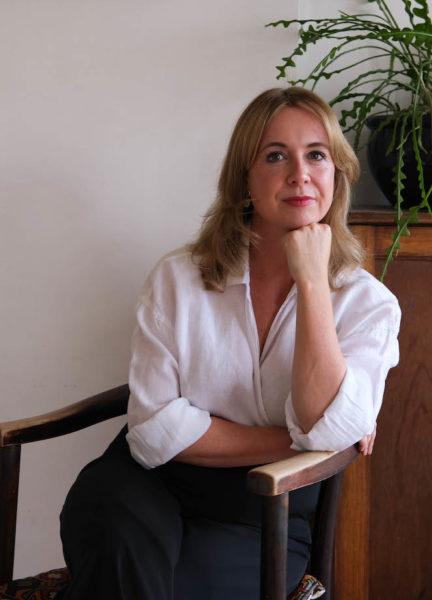
FWA: Ideally, what writing experience do the students doing your course need to have?
RG: You’ll want to come to the course with a passion for nonfiction as a reader. Among your favourite books you should be able to count one or two nonfiction titles: a biography or a travelogue, a book of popular science, history or cultural criticism, perhaps an essay collection. Maybe you also read magazines that publish features on real-world stories, or else you’re a zealous consumer of documentaries and journalistic podcasts. So you’ll have a familiarity with some of the conventions of nonfiction. I welcome enthusiasts who are only just beginning to come to grips with what it means to write factual narratives, as well as those who are already well versed in the skillset. The course would also be apt for those looking to build a bridge from specific expertise — scholarly, scientific, legal, medical etcetera — into writing for a mainstream readership. Previous participants have included: journalists, teachers, oral historians, disability advocates, poets, memoirists, chefs, art critics, bloggers, sports instructors and more.
FWA: How do you ensure a focus on students’ works-in-progress?
RG: At the beginning of the course we develop several writing exercises in response to prompts that ask you to draw on your life experiences, and sometimes we’ll share the output of those exercises with one another — either by reading out loud, or by exchanging short excerpts. As we proceed, we reflect on progress and challenges as they come up. Nearer to the course’s conclusion we workshop drafts of a few pages each within the group. The workshop conversations are always directed to identifying strengths in the work, and to seeing how certain craft lessons we’ve extracted from readings of published work, might be mobilised in a draft.
FWA: What is the main thing you hope students will have achieved by the end of your course?
RG: I think that what most participants will find startling is the degree to which writing nonfiction is a thoroughly creative enterprise. Making a narrative out of real-world experiences and research calls on many of the same talents as fiction writing: an eye for detail, vibrant language, empathy, a honed sense of novelty, the careful curatorship of your own voice. Our course readings introduce a diversity of different approaches, but what unites them all is genuine playfulness and real originality in telling true stories.
Writing Creative Nonfiction
with Rebecca Giggs
ONLINE
21 February – 26 September 2023
Apply for a 2023 Faber Writing Scholarship for Nonfiction Writers here.